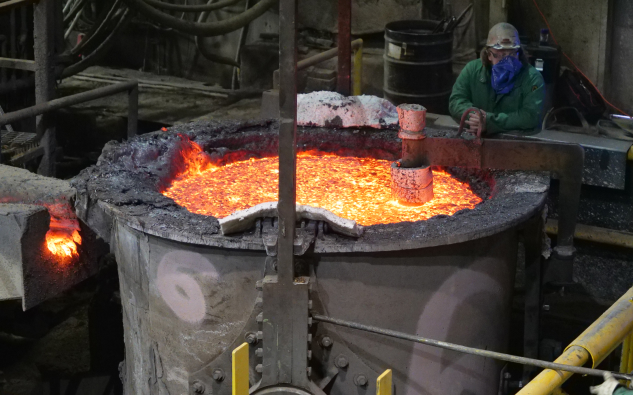Foundries play a vital role in shaping metals into functional products through specialized metal casting techniques. If you have ever wondered what is foundry and how it specializes in metal casting, it is essential to understand the various methods used. Foundries employ different techniques to mold and shape metals, ensuring precision, durability, and functionality in the final products.
Find below five ways foundries specialize in metal casting.
Sand casting
First, foundries use sand casting, one of the oldest and most versatile methods. In sand casting, molten metal is poured into sand molds, which can be used to create complex shapes. This method is ideal for producing large parts like engine blocks or heavy machinery components.
Die casting
Second, die casting is another technique used in foundries. This method involves forcing molten metal into a mold cavity under high pressure. Die casting is commonly used for producing small to medium-sized parts with intricate details, such as automotive parts and hardware components.
Investment casting
Third, foundries specialize in investment casting, also known as lost-wax casting. This process involves creating a wax model, coating it with ceramic material to form a mold, and then melting the wax away before pouring in the metal. Investment casting is perfect for producing precise, detailed components like jewelry and turbine blades.
Continuous casting
Fourth, continuous casting is a method where molten metal is poured into a mold and solidified continuously. This process is commonly used in the production of metal sheets, bars, and rods, providing a more efficient way to produce uniform, long metal products.
Centrifugal casting
Lastly, centrifugal casting is a technique used to produce cylindrical parts, such as pipes and bearings. The molten metal is poured into a rotating mold, and the centrifugal force pushes the metal to the mold walls, creating a uniform, dense product.
Final thoughts
Foundries use various specialized methods to perfect metal casting, each tailored to produce specific types of metal products. Understanding these techniques highlights the critical role foundries play in manufacturing durable, high-quality metal components.





